Click on the following…
…to discover either an essential tool for any writer, or possibly one of the more damnable time-wasters yet devised.
It’s seldom we truly get to see inside the creative process, let alone the creative mind, of an artist or novelist whose work we admire. Literary biographies give us the facts, perhaps, while autobiographies often are little more than that brand-new-car gloss some individuals strive to put on their own lives.
Or, as Orwell said, ‘An autobiography is only to be trusted when it reveals something disgraceful. A man who gives a good account of himself is probably lying, since any life when viewed from the inside is simply a series of defeats.’
But to my way of thinking it is in an interview format in a more or less friendly setting — and what is the Paris Review, if not a friendly venue to writers and artists — where one can get nearest the heart of the matter. A friend recently turned me on to the site, and now I’m passing on the favor.
I can think of no better place to find a more comprehensive, or more distinguished, collection of interviews with the most important writers and artists of the last sixty years. And so if you’re already familiar with this fabulous (or nefarious) resource, props.
If not, you’re welcome.
Either way, spend a little time looking around. Since the kind people at the Paris Review have been considerate enough to categorize the interviews by decade, there’s sure to be something for everyone.
Enjoy!



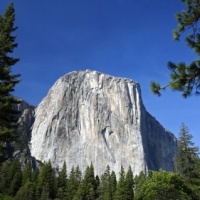


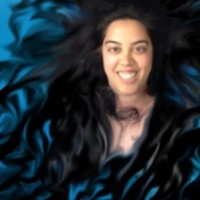
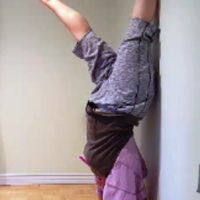


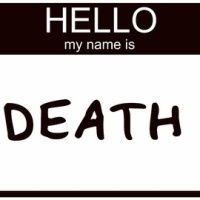
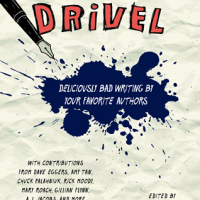






Oh, and I just noticed that Bret Easton Ellis was interviewed in 2012. He Tweeted some pretty nasty things about Munro’s recent Nobel award, saying she was overrated and that the Nobel was a joke. Others have been beating him up since then, so then he Tweeted that the “sentimental hatred for me has made me want to re-read Munro, who I never really got, because now I feel like I’ve beaten up Santa Claus.” Well, as if he could get close enough to Santa Claus to beat him up!
In a later Tweet he mentions that he attended the PEN dinner honoring Joan Didion, the writer who’s work has influenced him the most and “the writer I most love.” That explains everything: Didion and Munro’s stylistic approaches couldn’t be more different. So why does he feel the need to be so nasty to another author who’s work is revered by so many? Perhaps I need to read the Paris interview to find out.
“Oh my, the treasure, the treasure!” Spoken not by Kurtz, but by Blackbeard (aka, the Writers Shadow). Thanks, Wes!
A friend and I were just talking about Alice Munro and I clicked on the link and voila! Thanks for a way to spend hours . . .